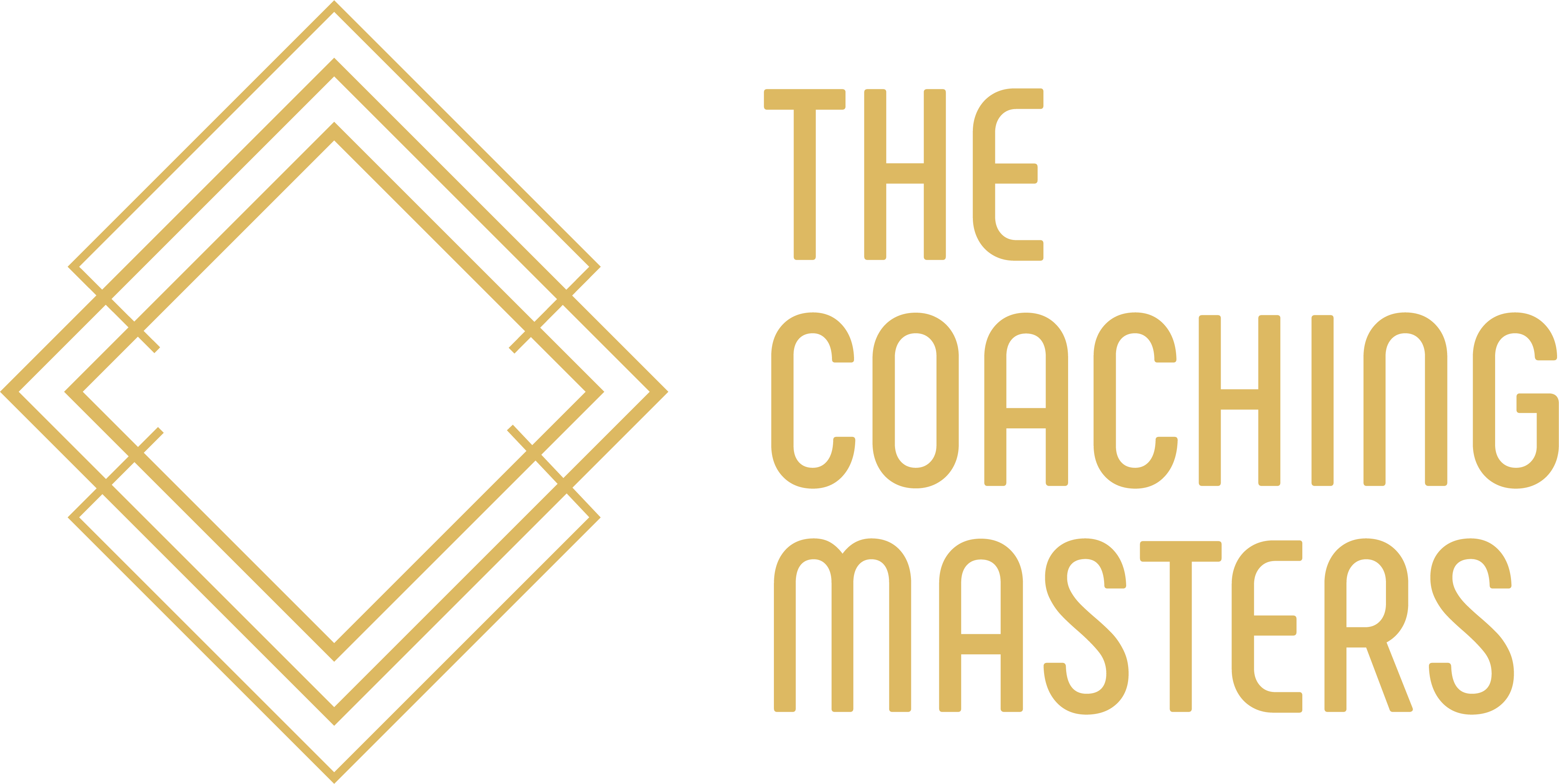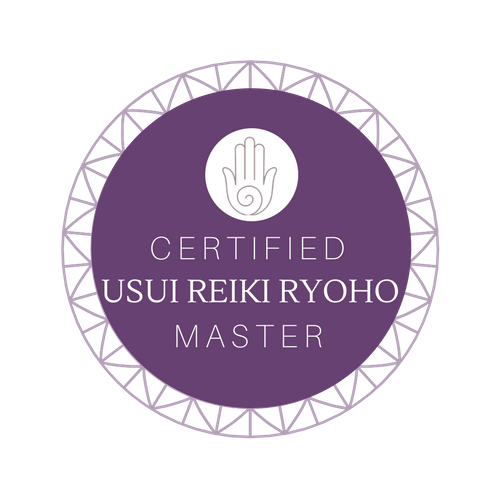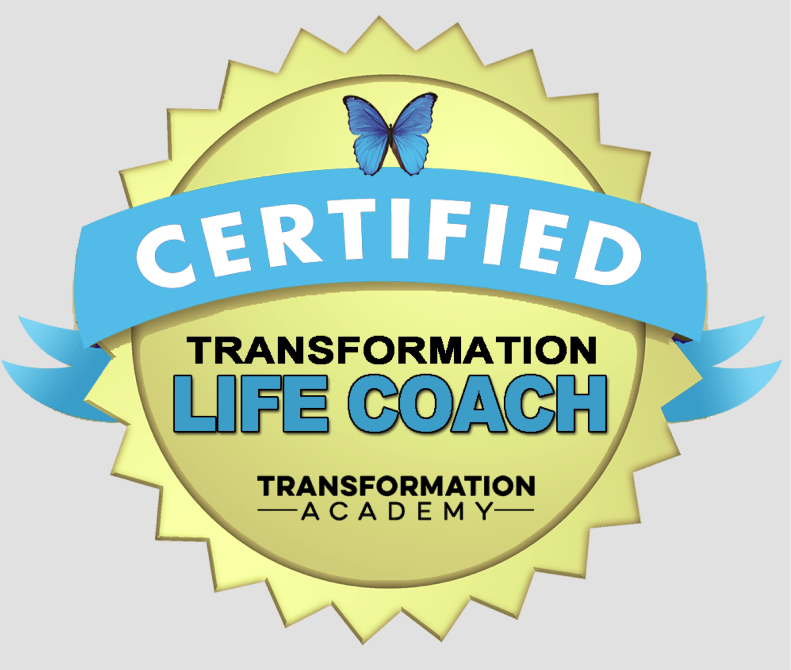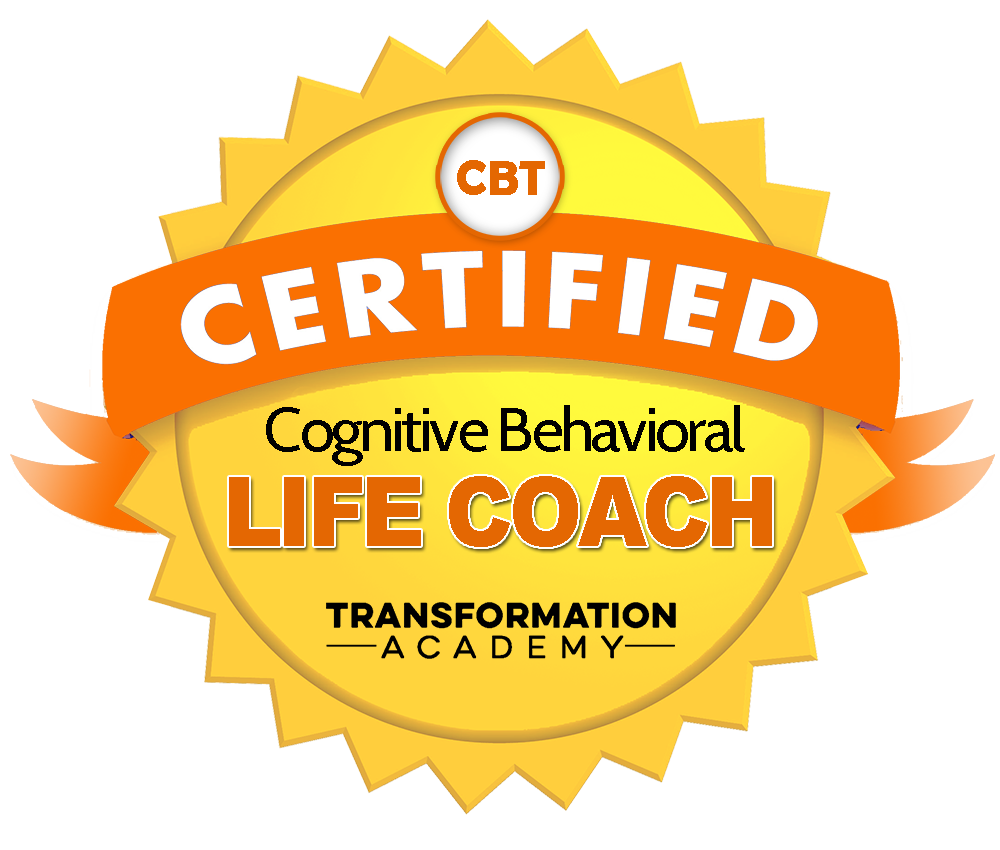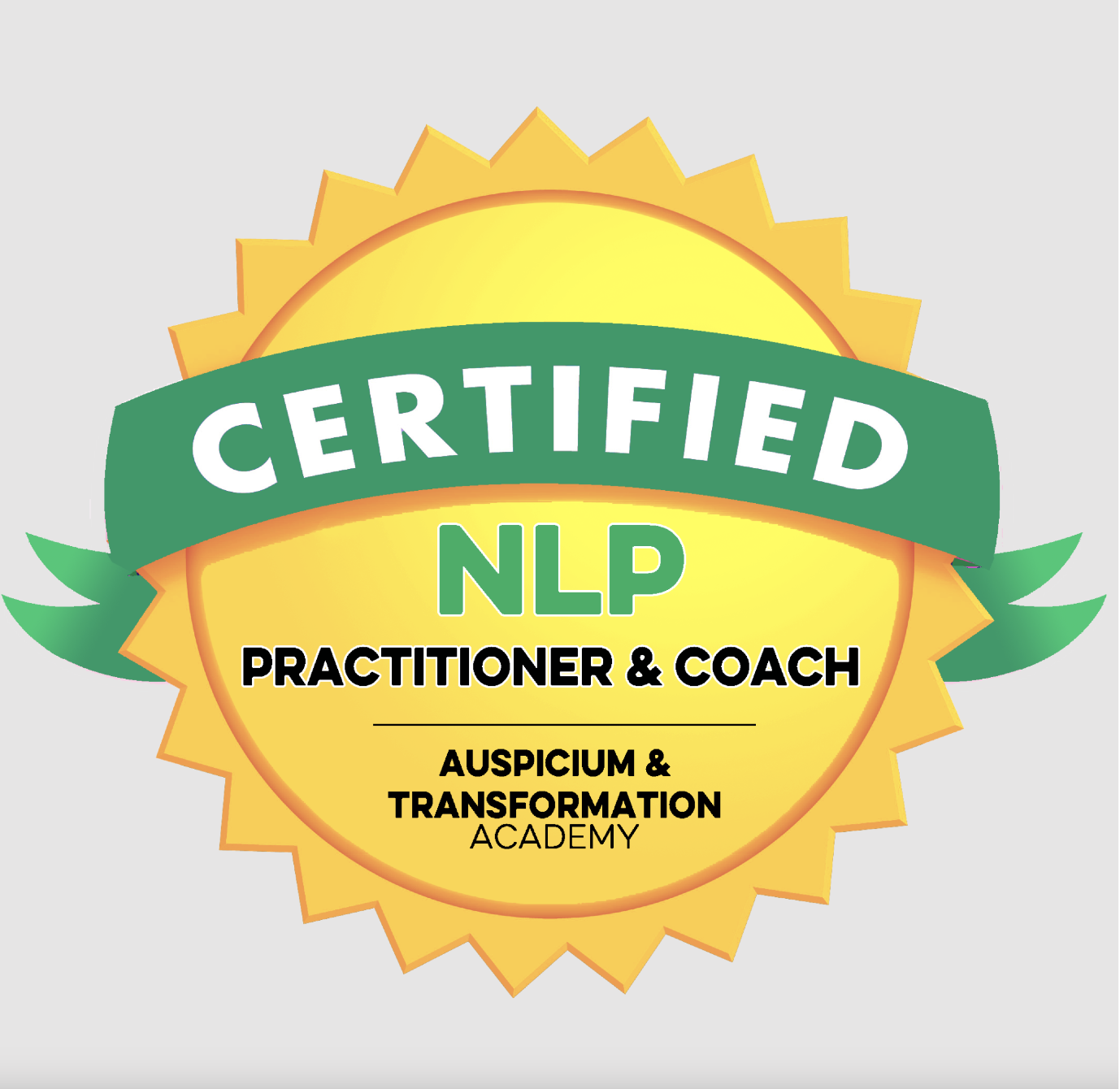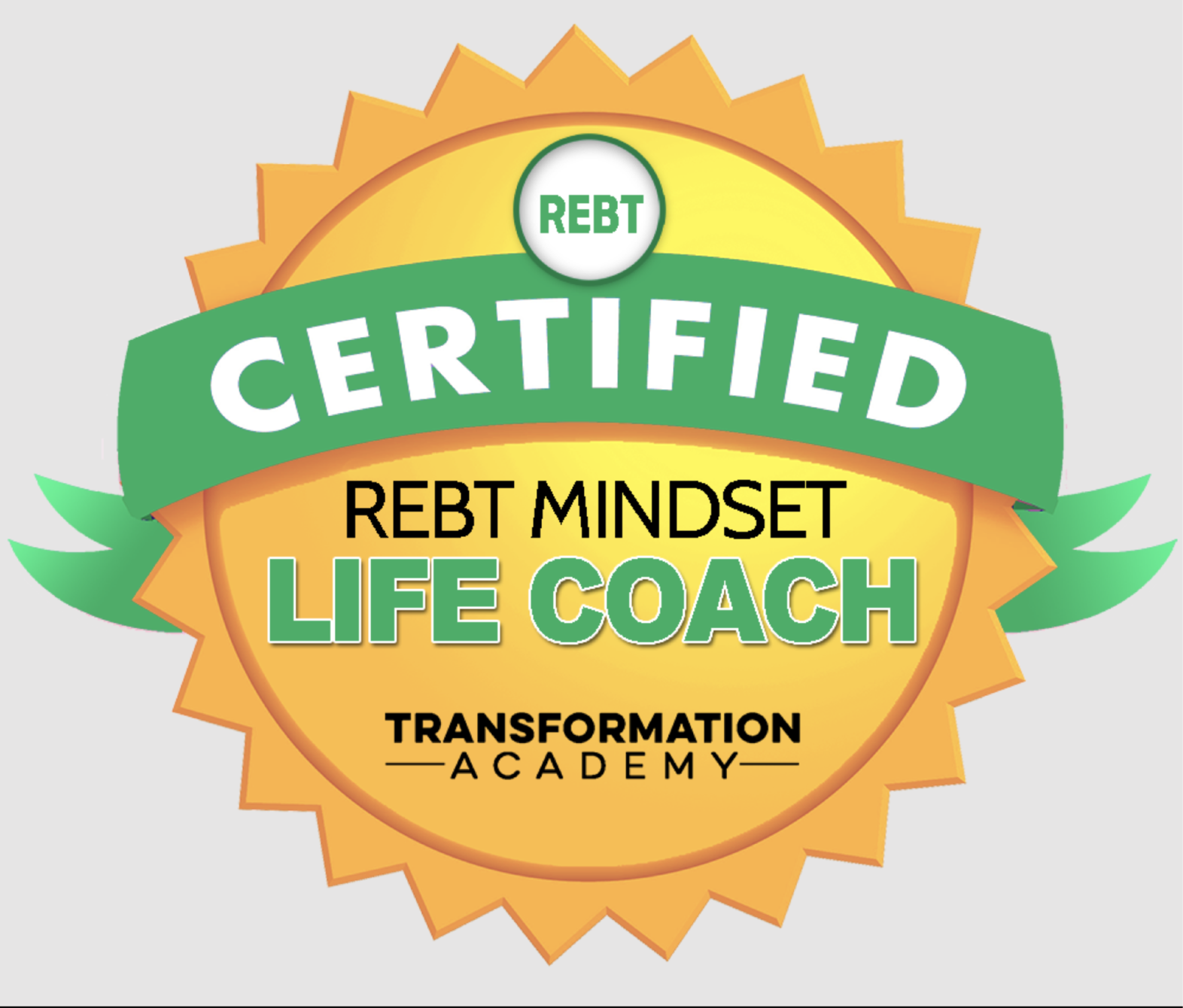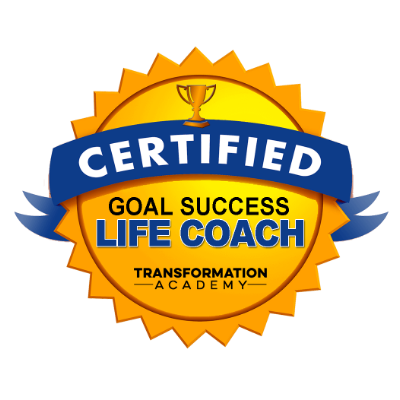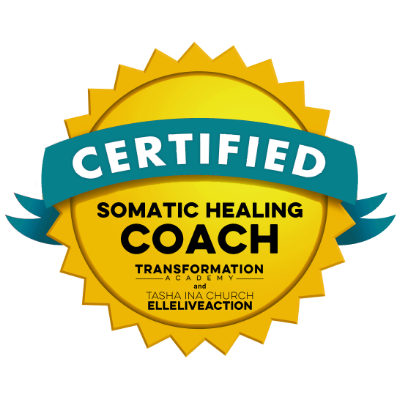When Your Stress Level Is Sorely Tested

It might have begun with your first spelling test in second grade. Your stomach became queasy as you tried to recall all the right letters. You might have felt your heart pounding and your knuckles turned white. Your head might have hurt as you tried in vain to concentrate. When you received a “D” on the test, your stress level only intensified. You automatically viewed yourself as a failure.
By the time it came to the SATs, you had been through years of test-taking. Yet, when the moment of truth arrived, you found yourself biting the eraser on your pencil incessantly. You found your eyes couldn’t quite focus, and your attention span seemed non-existent. As a result of such reactions, you find yourself taking the SATs again and again, without appreciably improving your score.
There can be little doubt that taking a test is a highly stressful experience, no matter what your age. A test can determine whether you advance to the next grade. Whether you’ll graduate from high school Whether you’ll get into college. Because education is so critical to professional and financial advancement, a test can be either the door to prosperity, or the roadblock to success.
You have to realise that you’ll always be undergoing some stress when you take a test. However, there are ways that you can minimise the amount of stress you feel. For instance, you might take a course in how to prepare for tests. This is especially important for taking the SATs and ACTs. There are certain strategies you can use, such as answering the easiest questions first, learning to pace yourself, not panicking at the first question you don’t know the answer to. These strategies can help you no matter what kind of a test you are taking.
Another technique that has proven effective with many students is to take practice tests in anticipation of your exam. While the questions you face on your actual exam will not be the same as the sample questions, they should prove to be similar. In this way, you can prepare yourself mentally and emotionally for your exam.
Yet another important strategy to use is to make sure that you get plenty of rest the night before a test. Fatigue can sap your strength, causing you to lose your concentration. If you are tired, you are also likely to become frustrated as you go about your test. The more frustrated you are, the worse your score is likely to be. Making sure that you get a good night’s sleep the night before can improve your outlook immeasurably, giving you the positive attitude you need in order to succeed.
Likewise, it is important that you get appropriate nutrition. Sugary snacks can actually deplete your energy, making it harder for you to concentrate. They can also add significantly to your stress level. By eating a sensible diet of fruits, vegetables, lean meats, and whole grains, you can prepare yourself physically for the challenge of test-taking.
Another successful strategy can be to employ a tutor to assist you with your studying. A tutor helps you to focus and can help to improve your study habits. The tutor can also instil a certain measure of discipline in your preparations. With your tutor’s support, you should feel more confident and better able to handle the stress of test-taking.
In a similar vein, consider trying to find a mentor. A mentor can act as a coach, helping to build your self-esteem. You can learn a great deal from a mentor’s career. He or she can share the strategies used in order to climb the ladder of success. You might find your stress level decreasing significantly with a mentor on your side.
Test-taking is a skill which can be learned. Knowing this fact should help to ease your stress. With time and patience, you can learn to take tests as a pro. Recognise, however, that at times you might not be able to perform as you would wish. While you might encounter setbacks along the way, you have to realise that it takes dedication to reach your ultimate goal. With a good preparation plan in place, you can master the art of taking tests, and your anxiety should slowly disappear.
Click the link below to book your free clarity call or free virtual coffee chat.
Grab a copy of our newletter by completing the form below, this will then be sent to your inbox every month.
My Affirmation For The Week
"Creativity is contagious. Pass it on."
